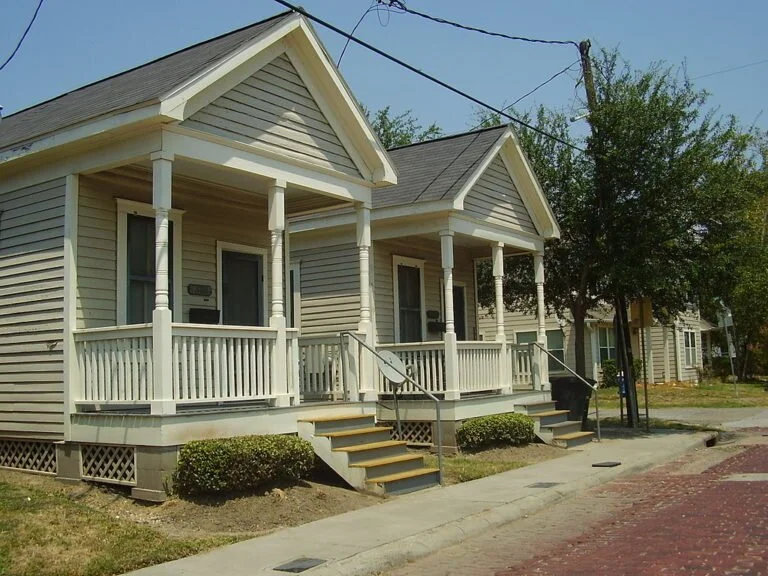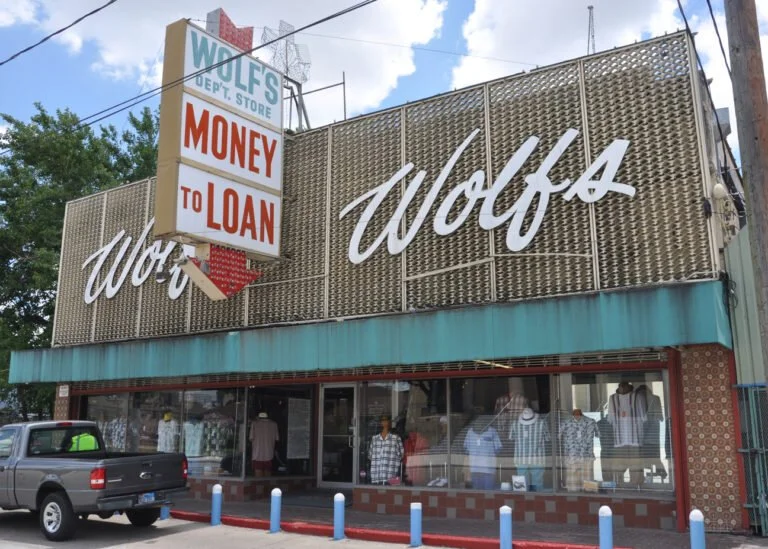Houston’s Urban Freedom Colonies
In the immediate aftermath of the Civil War, emancipated slaves from rural Texas made their way to Houston, joining the nearly 1,000 African-Americans already living there by 1860. Through the next several decades, African-Americans settled in the third, fourth and fifth wards of the city, establishing independent communities that were intended to provide safe haven against discrimination and rampant post-war violence, with opportunities for land ownership and economic security.
These three wards in Houston have suffered in recent decades from extensive demolition, architecturally inappropriate redevelopment and gentrification. For example, only a handful of historic structures remain in the National Register-listed Freedman’s Town, which once contained hundreds of listed buildings. Emancipation Avenue, recently renamed to celebrate the community’s important post-Civil War history, has suffered a similar fate. Today, only a small number of historic structures remaining where a thriving African-American community once lived, worked, and organized for their political, economic and social equality.
Wolf’s Department Store, Emancipation Ave, Houston. Credit: Roman McAllen
The local, state and national significance of the Freedom Colonies of Houston demand action to protect and preserve the fragile historic resources that remain, including modest residential structures, brick streets, commercial buildings and sacred places. Increased funding is needed to rehabilitate old structures as well as incentives for appropriate new development. These strategies, coupled with continued research and interpretation, will enhance and support existing communities rather than displacing them.
LOCATION: Houston (Harris County)
DESIGNATION: None
STATUS: Endangered
OWNER: Various
RESOURCE TYPE: African American Heritage
YEAR LISTED: 2019


